Some potential litigation services that our lawyers offer related to Web 3.0 could include.
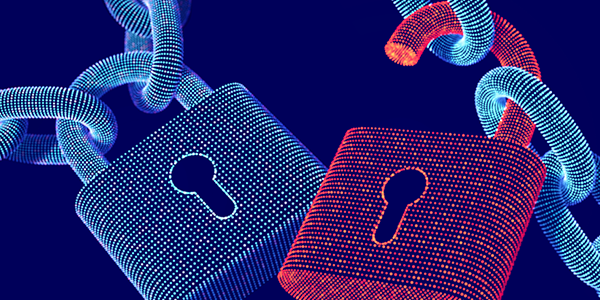
Data Privacy and Security
Our lawyers may assist individuals and businesses in India with legal issues related to data privacy and security in the context of Web 3.0 technologies. This could include handling data breaches, privacy violations, and compliance with data protection regulations.
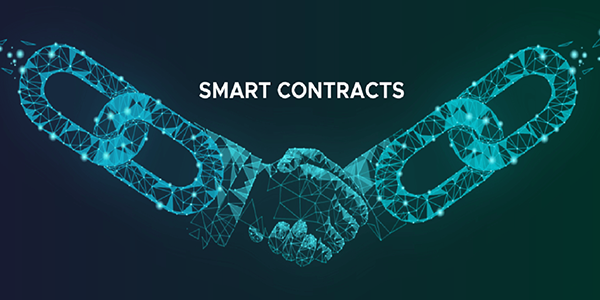
Smart Contract Disputes
Our lawyers could represent parties involved in smart contract disputes, which might arise due to errors in code execution or disagreements over the terms and outcomes of self-executing agreements.
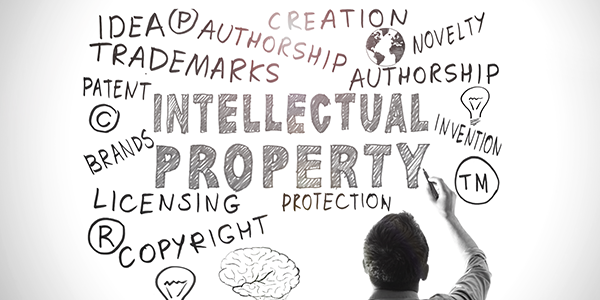
Intellectual Property Rights
Our legal professionals offer services related to protecting intellectual property rights concerning Web 3.0 technologies, linked data, blockchain applications, and innovative software.
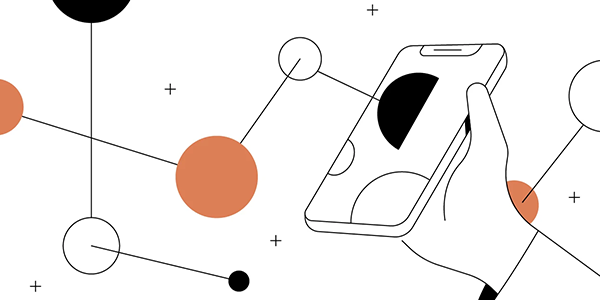
Blockchain Governance and Disputes
Our lawyers might assist in resolving disputes related to decentralized systems and blockchain governance, where conflicts arise over decision-making, consensus mechanisms, or network upgrades.
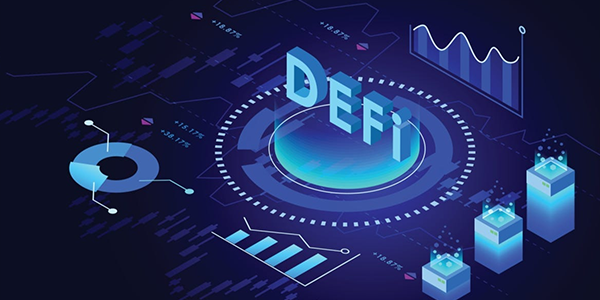
Decentralized Finance (DeFi) Disputes
As decentralized finance gains popularity, our lawyers handle litigation related to DeFi protocols, smart contract vulnerabilities, and disputes involving financial transactions on blockchain networks.
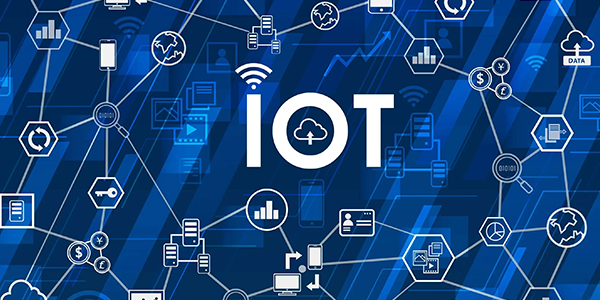
Smart Device and IoT Issues
Our legal professionals address legal challenges arising from the integration of Web 3.0 technologies with smart devices and the Internet of Things (IoT), including liability issues and data protection concerns.
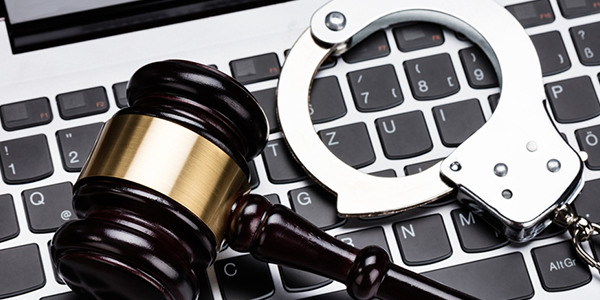
Jurisdictional Challenges
With Web 3.0 operating across borders, our lawyers advise clients on cross-border legal issues, potential conflicts of laws, and international dispute resolution mechanisms.
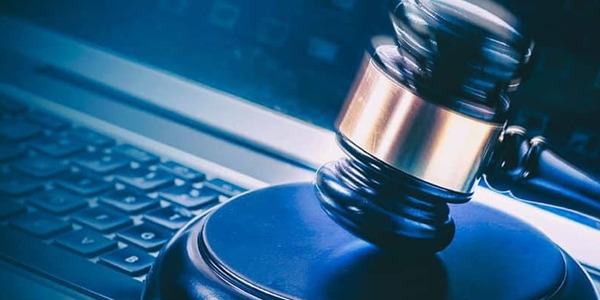
Regulatory Compliance
Our lawyers might help businesses and projects in India navigate regulatory compliance requirements concerning Web 3.0 technologies, blockchain, cryptocurrencies, and token offerings.

Content Moderation and Liability
As Web 3.0 platforms incorporate user-generated and machine-readable content, our lawyers provide guidance on content moderation policies and represent platforms in disputes related to harmful content or misinformation.
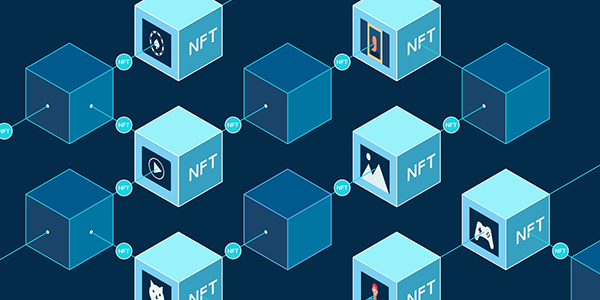
Blockchain Patents and Licensing
Our legal professionals may assist clients in securing patents for innovative blockchain solutions and negotiating licensing agreements for the use of blockchain technologies.
As the field develops further, our lawyers adapt their services to meet the specific demands and challenges of Web 3.0 technologies in India.